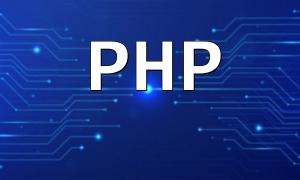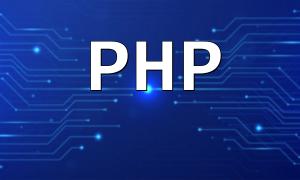PHP7 introduced major changes to its internal structure, significantly improving performance over earlier versions. Thanks to the new Zend Engine 3.0, the execution model was refined to be faster and more memory-efficient, resulting in better resource utilization across PHP applications.
Performance and resource efficiency are constant concerns in real-world development. The following methods are proven techniques for enhancing execution speed and reducing system overhead in PHP projects.
To minimize database load from frequently accessed data, in-memory caching systems like Redis can be employed. Below is an example of using Redis to implement simple caching in PHP:
$redis = new Redis();
$redis->connect('127.0.0.1', 6379);
$key = 'cache_key';
$data = $redis->get($key);
if (!$data) {
$data = 'data_from_database';
$redis->set($key, $data, 10); // Set cache expiration to 10 seconds
}
This approach prevents repeated database queries and significantly boosts system response speed.
Poorly written SQL is a common cause of performance bottlenecks. Consider the following best practices when writing database queries:
PHP7 has improved support for multithreading through extensions like pthreads. Parallel processing can divide workload into multiple tasks and execute them concurrently. Here's a basic implementation:
class MyThread extends Thread {
public function run() {
// Code executed in the child thread
}
}
$thread = new MyThread();
$thread->start();
// Main thread continues with other tasks
Using threads efficiently can help reduce the total execution time of complex processes.
While eval() can execute arbitrary PHP code, it introduces security vulnerabilities and performance drawbacks. It is strongly recommended to avoid using it in production environments.
In PHP, data types affect performance. For instance, array operations tend to outperform excessive string concatenation. Choosing the appropriate type for each use case leads to more efficient code execution.
PHP7 brought several new features that help simplify code and boost performance. Here are some highlights:
These features enhance readability and allow for better type enforcement and cleaner code.
Optimizing PHP code for performance and efficient resource management is essential. By incorporating caching, refining SQL queries, utilizing multithreading, avoiding unsafe functions, selecting the right data types, and adopting PHP7's latest features, developers can greatly improve application speed and scalability.









